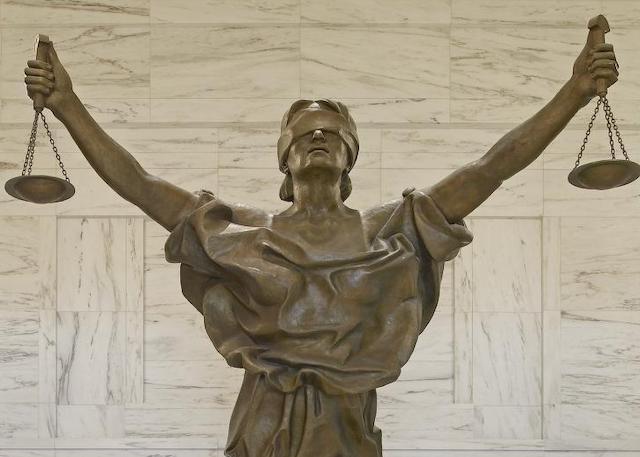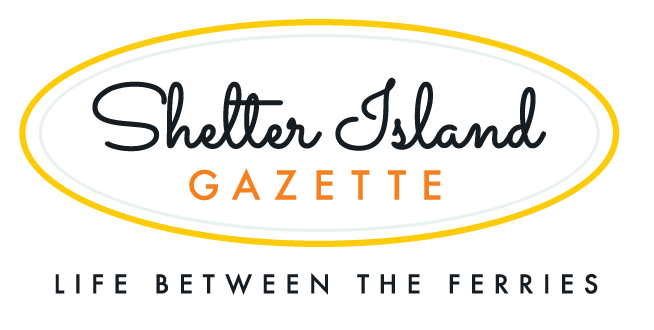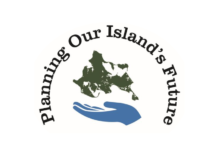
TVPRA and the Marie Eiffel lawsuit; eight plaintiffs are seeking damages under special federal legislation rarely used by J-1 visa holders
By now, you’ve undoubtedly read about the lawsuit that eight former employees filed against Marie Eiffel, accusing her of abusing them sexually and physically, overworking them, failing to pay total wages, withholding expected tips and commissions, and human trafficking, along with InterExchange, the recruiting firm that sponsored them and arranged their placements.
Three companies related to her Shelter Island café/market, boutique, and other businesses are also named as defendants.
The plaintiffs came to Shelter Island from Columbia, Ecuador, Malaysia, and Thailand under the J-1 cultural exchange Summer Work Travel program. The lawsuit they filed on September 1 in the US District Court Southern District of New York is not a criminal case. It’s what’s known as a private right of action (read it here).
The Gazette generally doesn’t cover civil lawsuits (at least until they’ve come to some conclusion) because of the difficulty in presenting information that’s fair to both sides. By nature, a civil lawsuit begins with a one-sided complaint.
But this one stands out — beyond what’s alleged — for its use of the primary legal mechanism behind it. Asserting a variety of employment discriminations in violation of New York State Human Rights Law and requirements of NYS Labor Law and General Business Law, the eight plaintiffs joined a rare group — J-1 workers who sought damages under the federal Trafficking Victims Protection Reauthorization Act.
What’s the TVPRA?
In 2000, Congress passed the original act penalizing criminal human trafficking offenses. A reauthorization three years later allowed victims to sue in federal court to recover civil damages from traffickers. From 2003 through 2021, plaintiffs brought 539 TVPRA cases across the federal court system. That’s according to a report by the advocacy group Human Trafficking Legal Center.
US law recognizes two primary forms of human trafficking: forced labor and sex trafficking. While plaintiffs allege Eiffel subjected them to sexual abuse, theirs is largely a labor trafficking case. You might think trafficking involves moving people across borders, but the Department of State (DOS), which manages international exchange programs, including J-1 visas, says: “Neither US nor international law requires that a trafficker or victim move across a border.”
In fact, the Human Trafficking Legal Center says foreign-born plaintiffs who worked in the US on visas or another legal status brought only about half the 539 TVPRA cases.
“Trafficking in persons,” the DOS says, “is a crime of exploitation and coercion.” It says three elements — acts, means, and purpose — define trafficking:
- The “acts” element of forced labor is met when traffickers recruit, harbor, transport, provide, or obtain a person for labor or services.
- The “means” element includes traffickers’ use of force, fraud, or coercion, such as withholding pay, psychological manipulation, or reputational harm.
- The “purpose” element focuses on the goal of exploiting a person’s labor.
- The Human Trafficking Legal Center report says 392 of all TVPRA lawsuits alleged labor trafficking, averaging about 28 per year over the past decade.
J-1 visa for Summer Work Travel
The J-1 visa Summer Work Travel (SWT) is one of many programs developed under the Fullbright-Hays Act of 1961 to strengthen US ties to other countries through educational and cultural exchanges. Its purpose? Enable international students enrolled in colleges and universities to come here for up to four months to work during school breaks for a sponsoring employer. After that, they can travel for 30 days before reporting back to school.
In 2022, 92,619 students came to the US on SWT visas, including 5,407 who worked in New York State, the DOS says. However, of the 392 labor trafficking civil lawsuits ever filed, the Human Trafficking Legal Center says just nine that made it to a court involved J-1 visa holders.
Advocates seeking greater protections for foreign workers include the International Labor Recruitment Working Group, a coalition of 30 organizations. It noted in a groundbreaking 2015 report, “Shining A Light on Summer Work,” that the low number of cases involving J-1 visa holders points to the “practical difficulty of bringing such cases to trial and the short duration of J-1 visas. Many cases go unreported or are never pursued because J-1 SWT workers are required to depart the country soon after their program ends.”
As of last June, about 20 percent of all TVPRA cases were ongoing. Of those that were closed, about 44 percent resulted in judgments for the plaintiffs or public settlements, collectively resulting in $265M awards. And that doesn’t include private settlements.
But what’s really at stake is securing justice for all involved.




